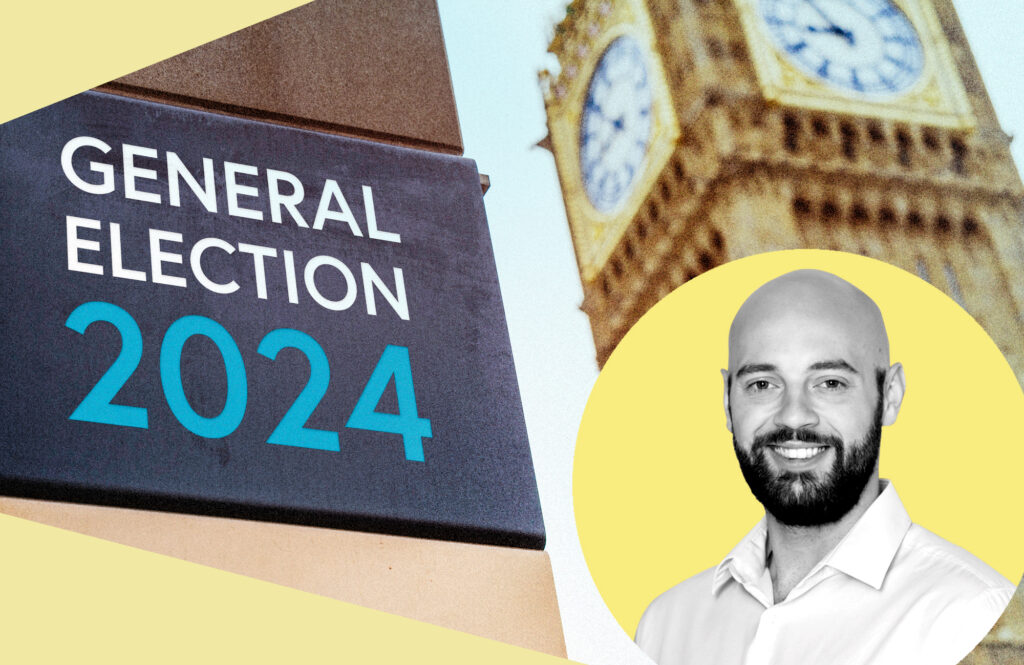In the evolving landscape of travel and tourism, the cruise industry stands at a critical juncture. A recent political shift provides a unique opportunity for this sector to engage meaningfully with new policymakers, potentially shaping a sustainable future.
As the United Kingdom witnesses significant political changes, the importance of active engagement with the government becomes paramount for the cruise industry. A new administration could redefine maritime policies, impacting the sector’s growth and sustainability objectives.
Political Context and Its Implications
The recent elections in the UK mark a pivotal moment for various industries, including cruising. With the Labour party set to implement an aggressive strategy for economic development and green energy, the cruise industry sees both opportunities and challenges. Their plan to invest substantially in critical sectors like steel and port infrastructure could bolster the cruise sector’s decarbonisation efforts.
Challenges in Government Relations
A change in government invariably brings a reorganisation of key positions, compelling trade organisations such as CLIA to rebuild their connections. The cruise sector has struggled with frequent leadership changes – four prime ministers and six chancellors over eight years. This instability presents a unique challenge in establishing long-term industry alliances.
Despite these difficulties, the potential for political stability post-election heralds a new era. If utilised wisely, it promises a stable environment conducive to robust industrial partnerships, critical for the future of cruising.
The Strategic Importance of the Cruise Industry
Recognised as vital to tourism and economic growth, the cruise industry requires active involvement in policymaking. The National Wealth Fund’s initiative, focusing on sustainable advancements, aligns perfectly with cruise lines pursuing greener technologies. This synergy underlines the industry’s need for a strong presence in government discussions.
The strategic goals outlined by CLIA emphasise the necessity of alternative fuel development and enhanced port facilities. Their advocacy extends to improved tourism strategies and nurturing a workforce adept in green technologies, crucial for the industry’s long-term success.
Crucial discussions on decarbonisation and technology adoption must feature prominently on governmental agendas. Only then can the cruise industry continue its outstanding recovery from the recent pandemic setbacks.
Potential Upsides and Opportunities
A new government, with ambitions to drive clean energy, presents varied opportunities for collaboration. The cruise industry could vastly benefit from partnerships that support sustainable practices, including advanced fuel types and infrastructure enhancements. This collaboration could fast-track the industry’s environmental goals.
The strategic alignment of policy objectives between the government and the cruise industry fosters an environment ripe for growth.
This period serves as a unique opportunity for stakeholders to mould future-focused strategies, benefiting not just the cruise sector but the UK’s wider economic landscape.
Importance of Strategic Partnerships
Strong partnerships with governmental bodies are essential. These alliances are crucial for setting the agenda for innovation and sustainability in the cruise sector. Active dialogue with policymakers ensures that the regulatory framework supports industry needs.
Engagement with government initiatives, such as strategic tourism partnerships, remains imperative for advancing the cruise industry’s goals.
Future Directions in Policy Engagement
To ensure a favourable operating environment, ongoing engagement with government policy is necessary. Stakeholders must articulate the cruise industry’s needs clearly to policymakers, influencing legislation that affects maritime operations.
As the cruise industry continues to grow, its active participation in shaping supportive policies will determine its future resilience.
Conclusion: A Call for Collaborative Action
As the cruise industry navigates this era of political change, its commitment to collaborative engagement with the government is vital. A united front in advocacy can ensure a thriving future, driven by sustainable and innovative practices.
For the cruise industry, forming strategic partnerships with the new government is not merely an option—it’s essential for sustainable progress. This engagement is key to maintaining its recovery trajectory and addressing broader economic goals.
Achieving this requires persistent advocacy and strategic dialogue, fostering an environment where the cruise sector can flourish amid the UK’s evolving political and economic landscape.

